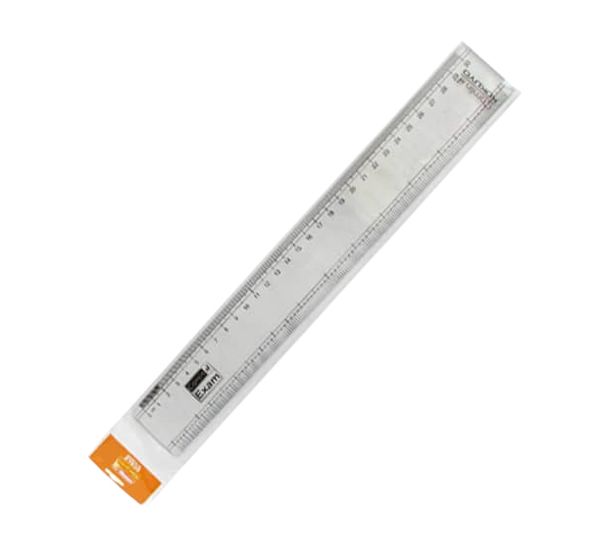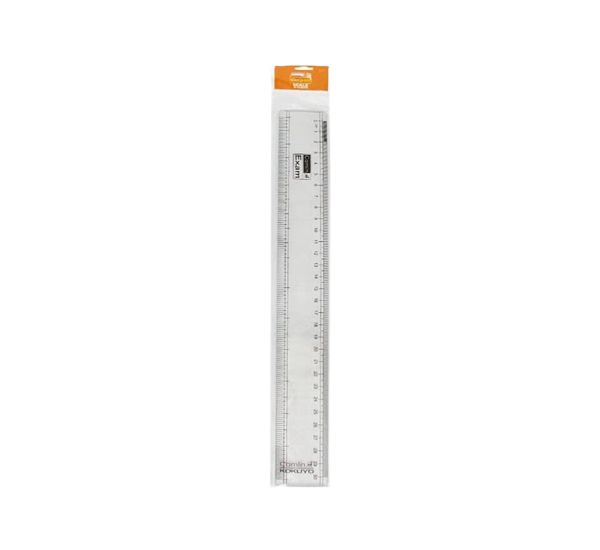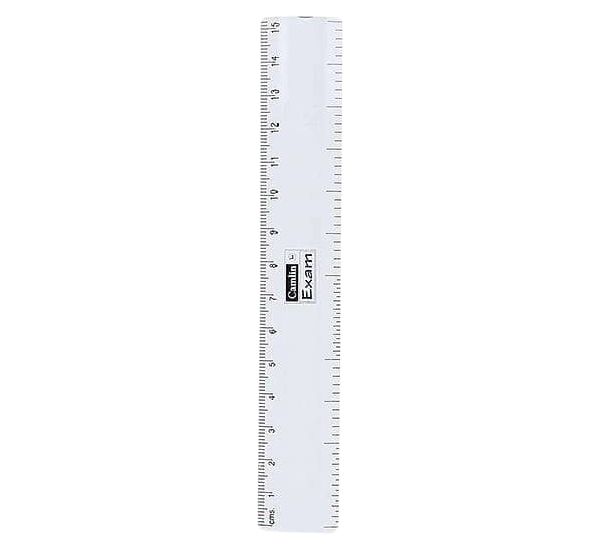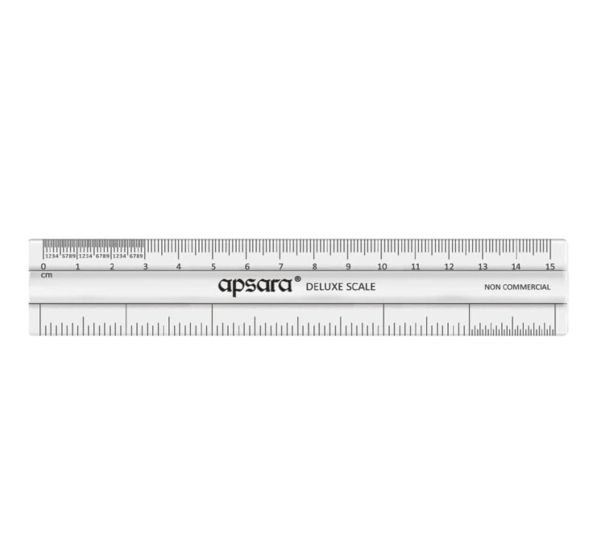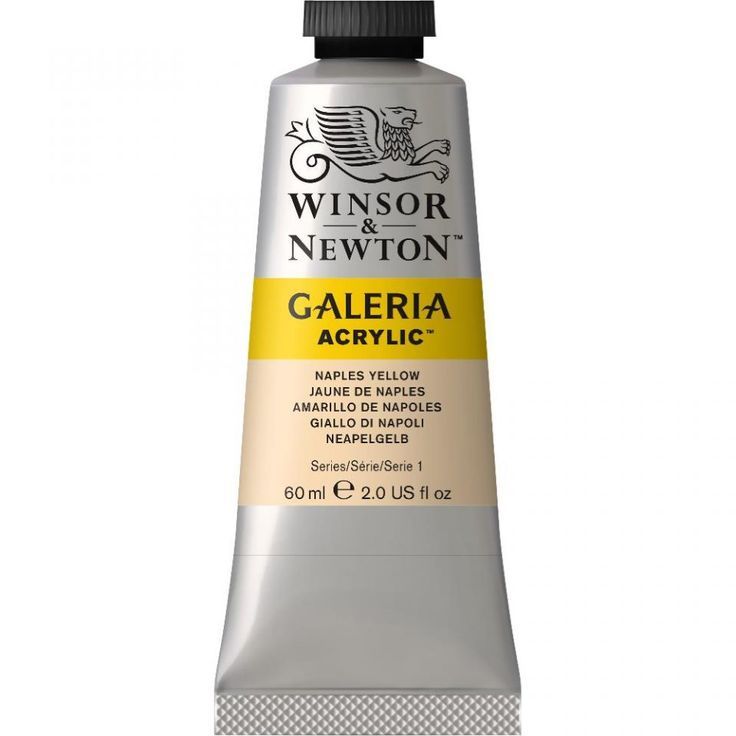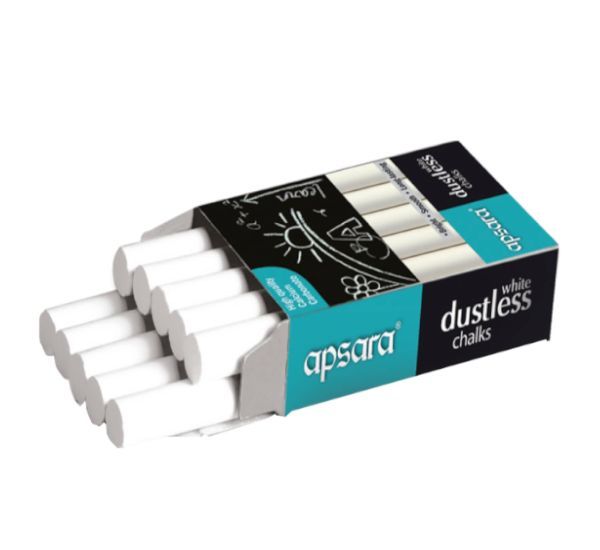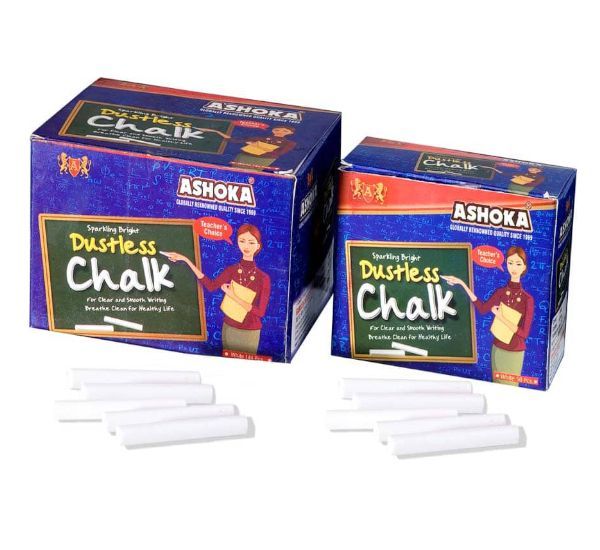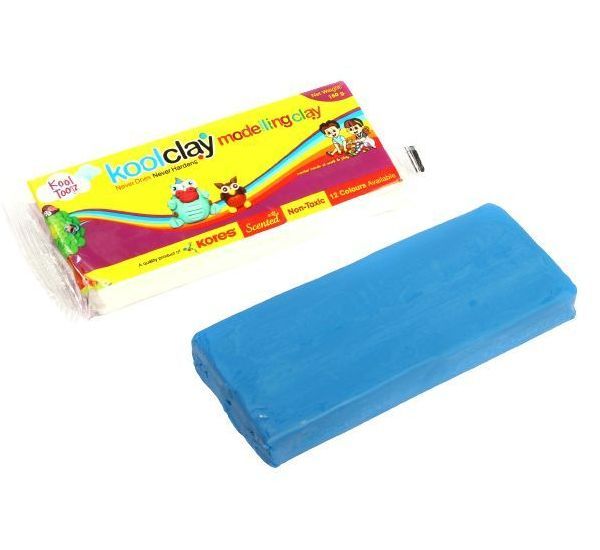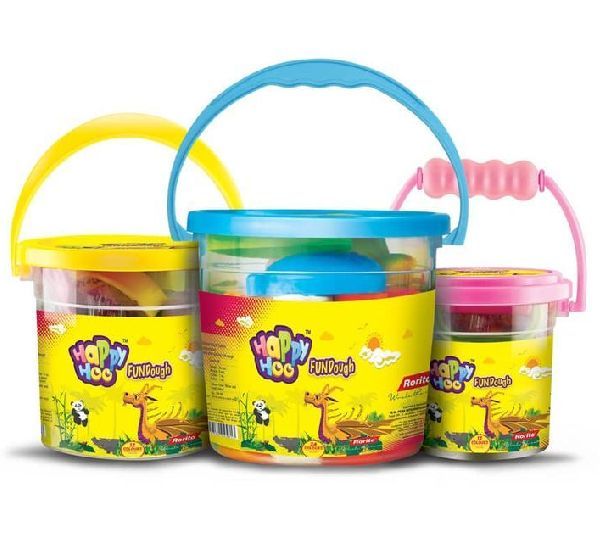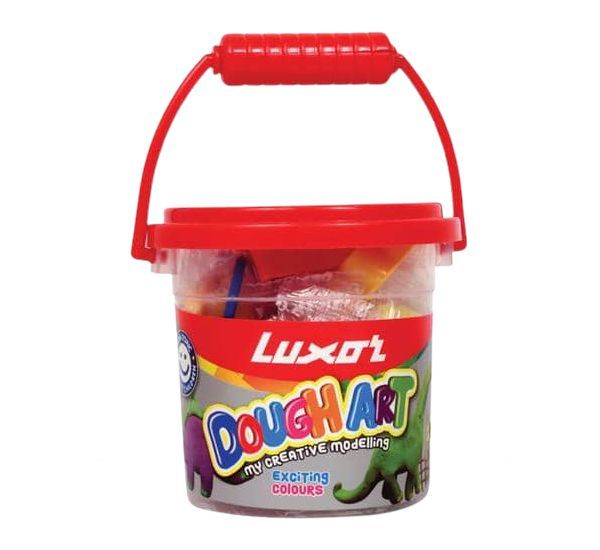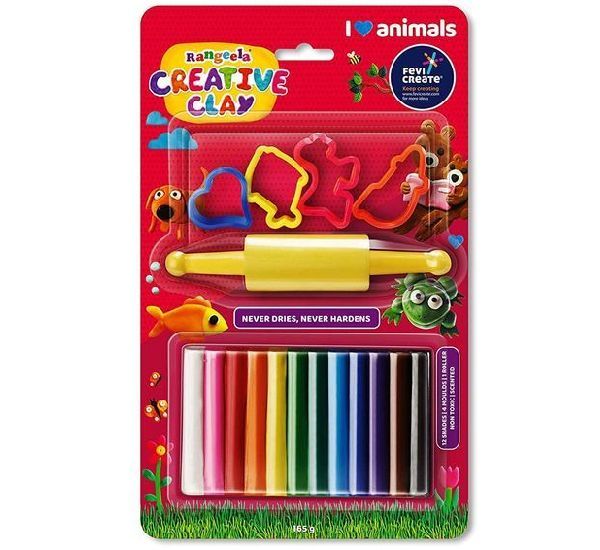Winsor & Newton Galeria Acrylic Colour Naples Yellow 60 ML
-
Naples Yellow is an opaque pinkish-yellow pigment.
-
Originally a lead antimonite pigment, it can be found in Babylon tiles dating 5th BC.
- Naples Yellow will make you think of late Summer with its sunflowers, wheat fields, and sunny, dry landscapes.
-
Its name comes from natural deposits found in Mount Vesuvius, Naples.
-
Used by the old masters, it has been made artificially since the 15th century.
- Description
- Size Guide
- Additional information
Description
- Colour Number: 422
- Permanence: AA
- Permanence: Extremely Permanent
- Lightfastness Code: I
- Lightfastness: Excellent
- Opacity: Opaque
- Series: 1
- Pigment Codes: PR101 . PW6 . PY42
- Quantity: 60 ML
- Pack Of: 1 pcs acrylic colour in a pack.
- Country Of Origin: France
- Imported By: Platinum Painting Essentials & Trading Private Limited, Arihant Commercial Complex, 1st Floor, Building No 40, Purna, Bhiwandi, Maharashtra 421302.
Frequently Asked Questions
This color contains the following pigments:
PBr24-Chrome Antimony Titanate
PW6-Titanium White
PBr24-Chrome Antimony Titanate
PW6-Titanium White
Inorganic
Chrome Antimony Titanate
Titanium Dioxide
Chrome Antimony Titanate has excellent lightfastness and weather fastness.
Titanium White has excellent permanence and lightfastness.
Chrome Antimony Titanate has negligible acute toxicity. In testing with rabbits, it was shown to be minimally irritating to the skin and eyes. Since it has the hexavalent structure of a chromium yellow.
Titanium dioxide is highly stable and is regarded as completely non-toxic. Animal studies give no indiciation that it is absorbed biologically, even after long periods of exposure. The primary safety concern is with inhalation of fine pigment dust particl
Chrome Antimony Titanate is used in ceramics, plastics, and industrial coatings.
Titanium is the ninth most abundant element in the Earth’s crust, however, mineral deposits that are economical to mine are less common. Titanium dioxide was first discovered in 1821, although it could not be mass-produced until 1919. Widespread use of the pigment began in the 1940s. Since that time, it has become the most commonly used white pigment. The name comes from the Latin word Titan, the name for the elder brother of Kronos and ancestor of the Titans, and from the Greek word tito, meaning day or sun.

| size | chest(in.) | waist(in.) | hips(in.) |
|---|---|---|---|
| XS | 34-36 | 27-29 | 34.5-36.5 |
| S | 36-38 | 29-31 | 36.5-38.5 |
| M | 38-40 | 31-33 | 38.5-40.5 |
| L | 40-42 | 33-36 | 40.5-43.5 |
| XL | 42-45 | 36-40 | 43.5-47.5 |
| XXL | 45-48 | 40-44 | 47.5-51.5 |
Additional information
| Weight | 0.60 kg |
|---|---|
| Dimensions | 3 × 4.7 × 11.6 cm |

